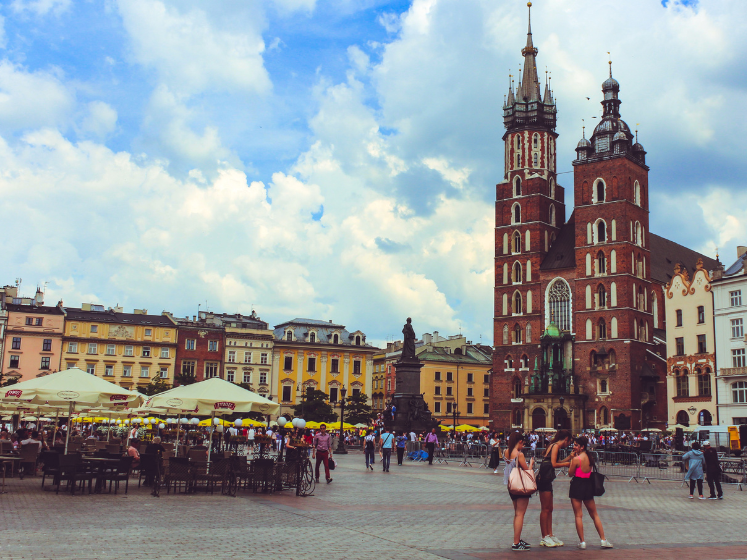
Populist leaders often ride on a wave of anti-corporate and anti-foreign sentiment and this can have an extremely harmful effect on multinational enterprises.
This is particularly the case in the post-Socialist states of the European Union.
In Poland, for example, the state-run oil company PKN Orlen bought Polska Press from its German owner, Verlagsgruppe Passau Capital Group, after the Polish Government repeatedly promised to ‘re-Polonise’ foreign-owned media firms.
German newspaper Der Spiegel recently claimed that Hungarian Prime Minister Viktor Orbán has employed aggressive political tactics to pressurise foreign companies to leave Hungary. These include special taxes, heavy bureaucratic requirements and takeover offers.
For some time, Orbán’s populist government has used forced buyouts and expropriation - the state taking property from its owner - as coercive tools to bolster domestic companies.
A study, led by Dr Dorottya Sallai, Assistant Professorial Lecturer at LSE’s Department of Management, and just published in the Journal of International Business Policy, examines how MNEs can reduce their vulnerability when operating in countries with populist leaders.
“The level of vulnerability MNEs face depends on how authoritarian a regime is and what its reasons are for opposing foreign direct investment,” Dr Sallai says.
“For example, right-wing populists in East and Central European countries want to reduce investment from the West, but actively encourage it from China and, until recently, Russia.”
MNEs operating in countries where there are populist leaders should also consider how much these countries depend on foreign investment and whether there are strong domestic competitors.
If an MNE has, for example, a strong technological advantage over a domestic competitor, then there is far less to be concerned about, Dr Sallai argues. It also depends which sector they are in.
“In strategically important, technologically-intensive sectors, such as the car and manufacturing industries, populist leaders are often supportive because they see these sectors as creating jobs and investment,” Dr Sallai says. “In other sectors, where there are dominant domestic firms, populist leaders pose more of a threat to MNEs.”
One thing is clear: right-wing populism is having a serious impact on multinational firms.
Populist governments are emphasising nationalism and protectionism in their economic policies and this is resulting in both direct and indirect measures that increase the political uncertainty and vulnerablility of international firms.
The research quoted in this article is entitled 'The antecedents of MNC political risk and uncertainty under right-wing populist governments', published in Journal of International Business Policy (2023)